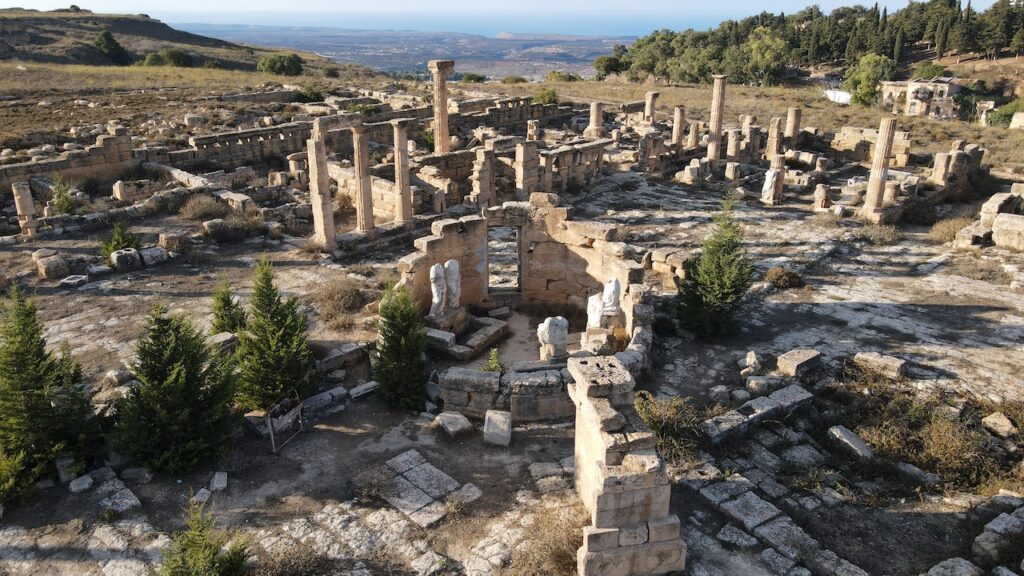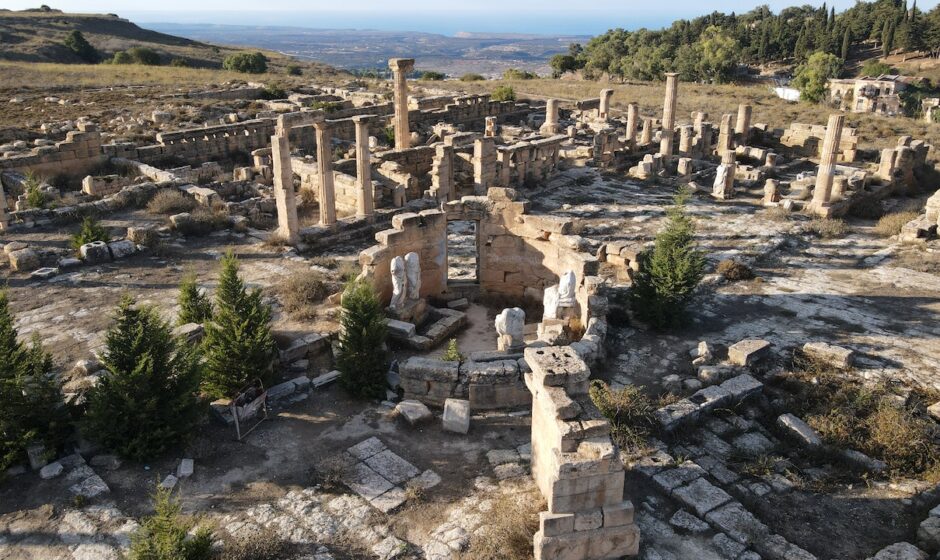Lybia – Taboos and Traditions. It’s a pulsating heart, brimming with stories whispered through generations, carried by the winds of change. For those seeking to truly understand Lybia’s essence, it’s vital to discern the intricate dance of its taboos and the laws that shape them.

The Warm Embrace of Modesty
Lybia, with its deep Islamic roots, cherishes modesty. Here, it’s not just attire; it’s an emotion. It whispers tales of respect, humility, and identity. Women’s garments, like the hijab, become a canvas of expression. However, remember that wearing revealing attire, especially in religious or rural settings, might be met with a frown or two.
The Hushed Conversations of Religion
Faith runs deep in Lybia. The melodious calls for prayer, the hallowed mosque grounds, and the sacred fasting month of Ramadan. However, questioning or criticizing Islamic principles isn’t just frowned upon; it could lead to serious legal implications.
The Silent Notes of Public Affection
Romance in Lybia has its tunes, soft and subdued. Holding hands, a casual gesture for many, becomes a symbol of deep commitment here. But step further with public displays like kissing, and you’ll swiftly find it’s a cultural misstep.
A Toast That Never Was
Alcohol, while tantalizing for some, remains a shadow in Lybia’s cultural landscape. The legal bindings are strict, reflecting the nation’s overarching sentiment.
The Sacred Dance of Gender Roles
Traditional roles, while evolving, still hold significant sway in Lybia. Direct interactions between unrelated men and women might raise eyebrows. Always approach with a mix of respect and understanding, and you’ll find that beneath the surface, there’s a sea of warmth and welcome.
Blasphemy
Lybia’s heart beats with love and reverence for the Prophet Mohammed. Any perceived disrespect can lead to severe legal repercussions.
Alcohol and Drugs
Lybia’s stand is clear and firm; the sale and consumption are illegal. This mirrors its quest for purity, both in faith and life.
Media’s Melody
Freedom of the press carries its notes, but they must resonate with respect for religious and moral values. A harmony, if you will, between tradition and expression.
For the unacquainted, Lybia Taboos and Traditions might seem like chains, restricting and binding. But delve a little deeper, with a heart full of curiosity, and you’ll realize they’re but threads, weaving the rich tapestry of Lybia’s soul. Every thread tells a story, every law sings a song, and every taboo is a chapter in Lybia’s grand tale.
As you trace your fingers over Lybia’s sands, let its stories seep into your soul. Engage, ask, listen, and most importantly, respect. For in the dance of cultures, it’s the heart’s rhythm that matters most.
In the embrace of Lybia, you won’t just find tales of yore or the hushed whispers of taboos. You’ll find an emotion, raw and unbridled, waiting to be understood. So, take a moment, breathe in Lybia’s essence, and let its stories become a part of yours.


